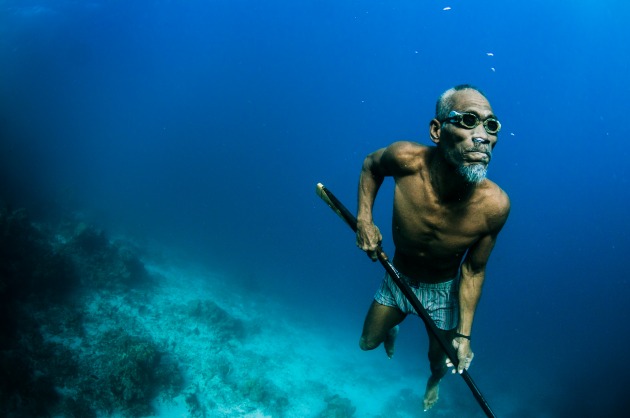UNCLOS III was not considered as the most appropriate forum to adopt operational provisions, which are usually highly technical and require great expertise. Besides, there were already a number of international regulatory instruments in place setting out technical standards (e.g., MARPOL 73/78; SOLAS 74 or the 1972 London Dumping Convention). Therefore, it appeared more convenient to establish the jurisdictional framework and to rely, by means of rules of reference, on the technical standards adopted by the competent organizations. More precisely, the LOSC requires contracting Parties to give effect to the generally “accepted” or generally “applicable” international rules and standards adopted by “the competent international organizations”, but does not define either of these terms and does not identify the competent organizations.
The LOSC normally refers to generally “accepted” international rules and standards (GAIRAS) with regard to the exercise of prescriptive jurisdiction. It is largely agreed that standards are generally “accepted” when they meet the criteria of “widespread and representative participation”. These standards do not necessarily refer to customary rules or binding rules, but they might also include recommendatory instruments. What is still controversial is whether GAIRAS apply to all contracting Parties to the LOSC regardless of their individual participation in the instrument containing the standards.
The main argument against an extended application of GAIRAS relates to the highly technical nature of these standards which should only bind states which have expressly approved them. Such an extended application, moreover, would discourage and make it irrelevant for States to become parties to the regulatory instruments containing the standards, given that they would anyway be bound through their participation in the LOSC. Conversely, according to most legal authors the extended application of GAIRAS is consistent with the need for uniformity and coherence pursued by the LOSC. In their view States that voluntarily adhere to the LOSC have indirectly consented to be bound by GAIRAS. In addition, the duty under the LOSC to apply GAIRAS would work as an incentive for States to accede to the instruments containing these standards in order to enjoy the rights, not only the duties, contained in these Conventions. This view has far-reaching implications for the European Community, which is a party to the LOSC, but is not a member of some international organizations (e.g., IMO and ILO) and cannot be a party to their regulatory instruments. Given that for the purpose of this study most GAIRAS relate to vessel-source pollution and maritime safety.
On the other hand, the LOSC normally refers to generally “applicable” international rules and standards with regard to enforcement jurisdiction. These standards, therefore, require a higher level of acceptance and exclusively refer to regulatory Conventions to which the States concerned are parties.
As far as the “competent international organizations” are concerned, the only indirect reference is contained in Article 2(2) of Annex VIII of the LOSC, which lays down the list of experts composing the Special Arbitral Tribunal. Such a list has to be established and maintained by the competent organization, namely: the Food and Agriculture Organization (FAO) in the field of fisheries; the Intergovernmental Oceanographic Commission (IOC) in the field of marine scientific research; the United Nations Environment Programme (UNEP) in the field of the protection and preservation of the marine environment in general; and the International Maritime Organization (IMO) in the field of navigation, including pollution from vessels and by dumping. GAIRAS, however, may also be adopted by organizations other than those referred to in Article 2(2) of Annex VIII. The International Atomic Energy Agency (IAEA), for instance, is considered to be the competent organization for the adoption of the global standards for the safe transport of nuclear materials, while the International Labour Organization (ILO) is responsible for the regulation of working standards. Given the complexity and the crosssectoral nature of marine environmental issues, the mandate of these organizations sometimes overlaps and might result in duplications and inconsistencies.

